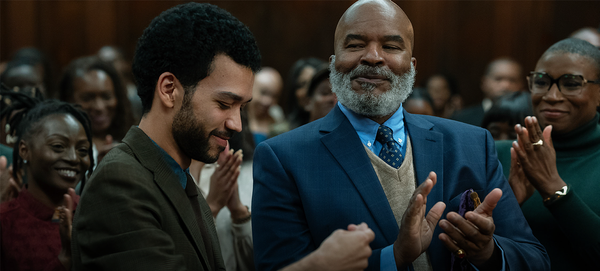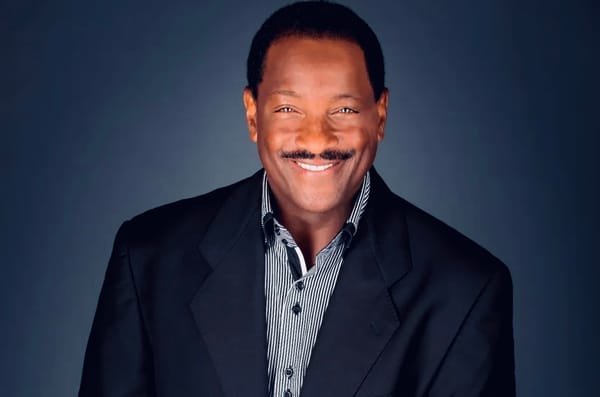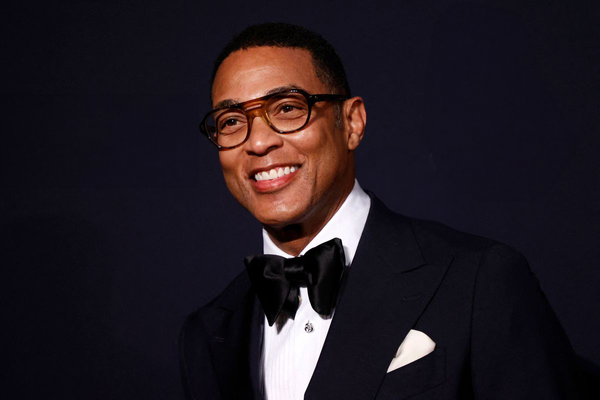Byron Allen's BET Bid: Transforming Black Entertainment
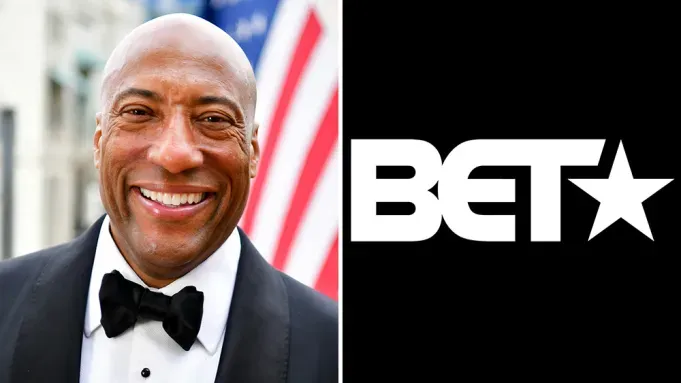
The media landscape has long been criticized for its lack of diversity and representation of marginalized communities. Despite that, in a bold and ambitious move, media mogul Byron Allen has launched a second attempt at acquiring BET Media Group, offering a whopping $3.5 billion to Paramount Global. This fascinating development follows earlier reports of Paramount's discussions to sell BET to a group of investors led by the company's management. Let's take a closer look at this groundbreaking bid and what it means for the future of black representation in media.
Who is Byron Allen and Why Should We Care?
Byron Allen is not just your ordinary entertainment mogul. He first made a name for himself as a comedian before diving head-first into the world of television production. His resilience and dedication propelled him to become the founder, owner, and CEO of the Allen Media Group, carving out an influential space in the media industry. What sets Allen apart is not only his impressive credentials, it's his unyielding commitment to advocate for increased representation and opportunities for African Americans in the entertainment field. With Allen's history of outspokenness on diversity, his proposed purchase of BET isn't just about acquiring another asset. It's about crafting a potential launchpad for a more inclusive and representative media landscape.
Allen's History with BET
Allen, a prominent figure in the entertainment industry, was among a group of interested parties, including Tyler Perry, who submitted bids for BET earlier this year. However, Paramount decided to withdraw the offer after assessing that the bids did not meet their expectations.
Tyler Perry's Disappointment
Tyler Perry, another contender in the race for BET ownership, expressed his disappointment with the process during an event in Atlanta. He felt the procedure was disrespectful in many ways.
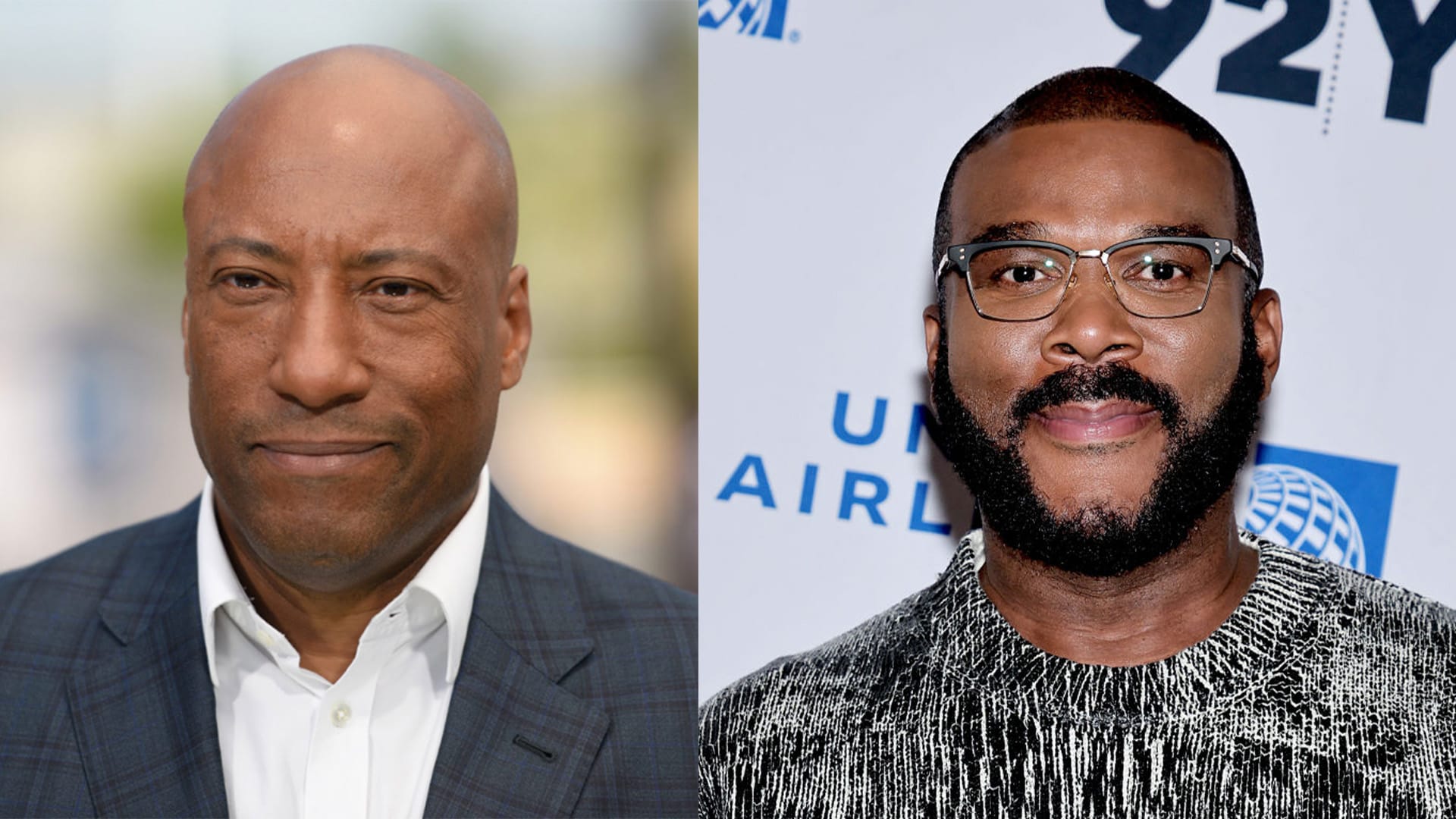
“I was disappointed about it for a number of reasons. The way it happened was disrespectful in a lot of ways,” - Tyler Perry
Allen's Renewed Bid
Upon learning about the potential deal with BET CEO, Scott Mills, and Chinh Chu, an executive from Blackstone who is currently leading New York-based CC Capital Partners, Allen decided to resubmit his bid. The speculated price tag for this deal is just under $2 billion, according to Bloomberg.
BET – A Crucial Platform for Black Voices
Since its inception over four decades ago, Black Entertainment Television (BET) has been a key player in amplifying Black voices and celebrating Black culture. It has created a space for Black narratives to flourish, spotlighting the diverse tapestry of Black life and experiences. The network's content, ranging from news to entertainment, has consistently mirrored the multifaceted nature of the Black community. In terms of cable networks, BET currently reaches around 75 million households in the US and Canada.

Nonetheless, BET hasn't been without its fair share of controversy. It has been met with criticism over the years for not having Black ownership. This concern stems from the belief that without Black ownership, BET may not be able to fully champion and protect Black interests. Critics argue that the potential for BET to be a game-changing platform for Black narratives may be undermined without a Black person at the helm. This criticism isn't about discrediting the work that BET has done over the years. Rather, it's about further maximizing the network's potential to fully embrace and advance Black interests.
What Would Byron Allen Owning BET Mean?
The possibility of Byron Allen, a Black media mogul with a history of advocacy for Black representation acquiring BET could mark a turning point in addressing these concerns. The idea of BET under the ownership of someone who not only understands but also deeply values the importance of diverse and accurate Black representation could bring about a new chapter in the network's legacy. This could mean an even stronger commitment to uplifting Black voices, further pushing the boundaries of representation in the media.
Moreover, Allen's considerable resources and clout in the industry could be harnessed to create more openings for Black individuals in media. This includes both on-screen roles and behind-the-scenes opportunities, creating a pipeline for Black talent in all areas of production.
Beyond that, having Allen at the helm could result in a more nuanced portrayal of the Black experience on the network, broadening the narrative and challenging the status quo. The network could be propelled to take a more proactive role in pushing the boundaries of representation, creating content that resonates deeply with the Black community, and fostering a greater understanding of Black experiences and perspectives across the broader audience.
Simply put, the potential implications of Byron Allen taking over BET are immense and far-reaching. It's not just about a shift in ownership – it's about potentially reshaping the network's strategy, deepening its commitment to representation, and reinforcing its role as a crucial platform for Black voices. This could be the beginning of an exciting new chapter in BET's story and a promising prospect for Black representation in media.
Potential Implications for Black Representation
The possible takeover of BET by Byron Allen could potentially be a game-changer for Black representation in the media industry. Envision a media landscape where a Black-owned major network like BET serves as a dynamic platform for the promotion of Black narratives, talent, and viewpoints. This would be a significant step towards addressing the long-standing problem of underrepresentation that has marginalized the Black community for far too long.
With Allen's substantial resources and industry influence, there is potential for BET to increase investments in original content that articulates diverse and genuine Black stories. These are narratives that need to be heard; stories that echo the rich tapestry of Black life and experiences, stories that challenge, inspire, and resonate. This wouldn't just mean more Black content; it would mean content that is more reflective of the diverse experiences within the Black community, offering a more accurate portrayal of Black people as a whole.
And beyond simply sharing these stories, imagine the ripple effect it could have across the media landscape. This could pave the way for a broader understanding of Black lives, experiences, and perspectives, challenging and ultimately dismantling entrenched stereotypes. The result? A more informed audience and a media industry that better understands and respects the intricacies of the Black community.
So, it isn't just about who owns BET. It's about the potential to redefine Black representation in media, to champion for the visibility of the Black community, and to give Black narratives the platform they rightfully deserve.
In Conclusion
As we draw this conversation to a close, we can't understate the importance of Byron Allen's $3.5 billion offer for BET. This move is more than a mere transaction, it’s a beacon of hope for a more equitable media landscape. The impact of such an acquisition goes beyond ownership; it’s about initiating a wave of transformative change that elevates Black narratives and voices in media.
Despite the strides we’ve made, the path towards robust Black representation remains steep. Yet, Allen’s bid is an encouraging indication of progress. It underscores the immense potential that Black ownership in media possesses in instigating significant shifts.
We all have a stake in this narrative and a role to play in amplifying Black voices and stories. As we anticipate the outcome of Byron Allen's bid, we remain hopeful that this could usher in a transformative era for Black media, fostering a media landscape that truly celebrates and reflects our rich societal diversity.
To that end, let’s keep our eyes peeled for further developments, as this could be the dawn of an epoch-making period for Black representation in media.
Disclaimer: This article is for informational purposes only and does not constitute financial advice. Always do your own research and consult with a professional before making any financial decisions.

